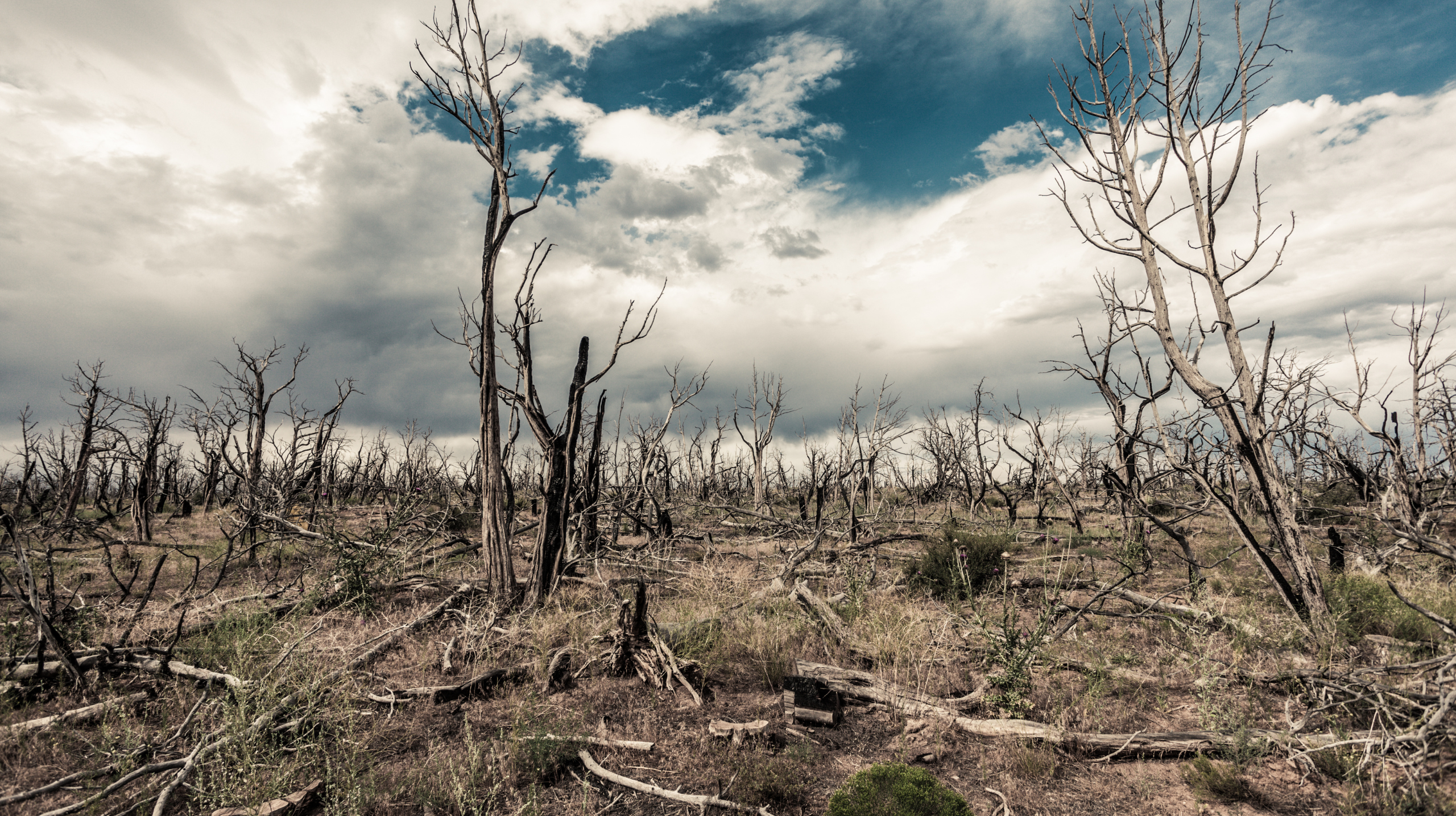Record of extreme weather events in Brazil mobilizes the insurance market to reassess its position in relation to socioeconomic challenges
As a result of a sequence of extreme weather events that have struck Brazil recently, often scarce or nonexistent insurance classes increasingly emerge as a necessary protection. This occurs in both urban (whether social or individual insurance) and rural settings.
This intersection of security and public safety in the wake of climate events was even among the most striking topics at the United Nations Conference on Climate Change, COP 28, held in Dubai, United Arab Emirates. It was the first time that the industry was actively represented in a Climate Conference, pursuant to information released by the National Confederation of Insurers (CNseg).
Climate change, and the related increase in the number of accidents resulting from tragedies or extreme weather conditions, was spotted as the relevant cause behind the new format: Social Insurance for Disasters. As its name implies, the focus of this new market would not be on structural damage, but on helping households and people in vulnerable situations. The coverages covered, for instance, funeral aid and emergency compensation for victims of calamities such as floods, landslides or similar events.
This new class is actually a reflection of a broader issue: Brazil has consistently faced, in several states and regions, complications arising from climate disasters. It is not uncommon to hear about periods of intense rains that cause landslides and flooding. In 2023, we posted a record of natural disasters, totaling 1,161 occurrences, according to the National Center for Monitoring and Alerts on Natural Disasters (Cemaden).
Thus, Social Insurance for Disasters is a relevant part of a broader scope of protection against these losses, but it is not sufficient on its own. More traditional insurance market lines, such as residential, property (especially automobile) and even life insurance, end up having a direct relationship with protection, whether of assets or dependents.
In the rural sector, the same logic applies, but with financial amounts consistent with the contribution of the area. According to CNseg data, BRL 10 B in compensations were paid to Rural Insurance clients in 2022 alone, as a result of weather events. An even more impressive figure, given the low coverage of the insured producers, equivalent to only 10% of the planted area.
Given that the rural sector accounts for a significant share of Brazil’s economy, besides facing considerable urban exposure to climate events, the security industry has many challenges and opportunities ahead. An effort is also needed to raise awareness among consumers and government agents about the importance of taking out this insurance class. This can occur both in the social level, through subsidized projects – such as those presented at COP 28 – and in the private level.
By Gaya Schneider, partner at Ernesto Borges Advogados and president of the Special Insurance Law Commission of OAB (Brazilian Bar Association).
Autor: Gaya Lehn Schneider Paulino • email: gaya@ernestoborges.com.br • Tel.: +55 67 3389 0123


